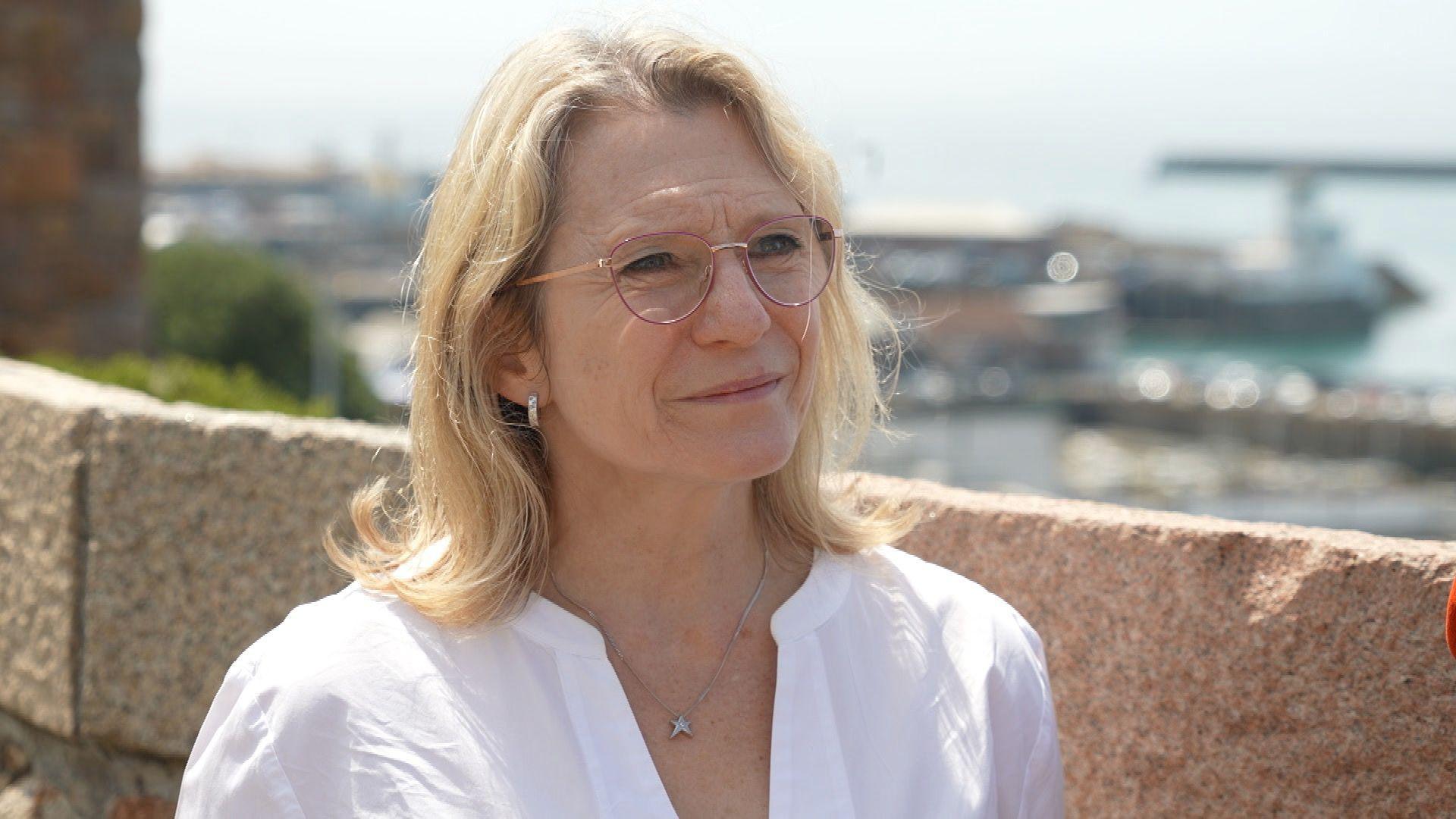Joint-tax-return law changes agreed by assembly

"No-one will have less money in their pocket as a result of these changes," said Deputy Elaine Millar
- Published
Some Jersey couples will continue to file a joint tax return while others will complete separate forms, under law changes agreed by the States Assembly.
The decision means previous plans for every islander to fill out separate tax forms, regardless of their marital status, have been shelved.
Instead, couples who were married or in a civil partnership and resident in Jersey prior to 1 January 2022 will be able to both elect to file together.
All other couples will submit their own forms from the 2026 year of assessment.
'Gradual, parachute landing'
Currently married couples and civil partners are assessed for tax as a single unit and complete one tax return.
Islanders who have moved to Jersey, got married or entered a civil partnership since 1 January 2022 already complete individual tax returns.
Meanwhile, about 1,000 couples have volunteered to file separately, according to officials.
No matter how a return is completed, from 2027 (2026 year of assessment) all islanders will receive an independent tax assessment.
Minister for Treasury and Resources Deputy Elaine Millar confirmed a "compensatory allowance" would be introduced at the same time, as switching overnight to independent taxation.
"This allowance ensures that all couples who would have otherwise faced an overnight tax shock are protected," she said.
"The compensatory allowance creates a transitional period during which couples married and residing in Jersey before 2022 enjoy a gradual, parachute landing into independent taxation."
Mrs Millar said the exact amount of the allowance would depend on the couple's joint income, and that it would be calculated each year.
She said that "predictions" had suggested the allowance may be in place until 2045.
"While it is true to say that in real terms, a couple may, ultimately, by the end of that period pay more tax, in nominal terms they won’t, and no-one will have less money in their pocket as a result of these changes."

Deputy Louise Doublet argued allowing couples to file a joint tax return would put vulnerable people at risk of domestic abuse and coercive control
As the law changes were being debated, Deputy Louise Doublet sought unsuccessfully to remove the option for married or civil partnered couples to file a joint tax return.
“A continuation of joint tax forms for some couples where one partner has legally delegated authority and control over their spouse's financial information will facilitate a continuation and initiation of domestic abuse on our island,” she said.
"If we include this option for control of financial information to be signed over to a spouse in the context of the prevalence of domestic abuse in Jersey we are putting vulnerable people at risk of this abuse."
But a number of politicians said that they had received several messages from islanders concerned about the prospect of being forced to fill out separate tax returns.

Deputy Montfort Tadier spoke in favour of allowing couples to fill out tax forms jointly
"The deputy raises some very serious issues," said Deputy Montfort Tadier, "but the bottom line is here we are talking about a specific issue, it's about tax forms".
"It's domestic violence and coercive control that are the problem, I would suggest, not a tax form."
Eight States members supported Ms Doublet's amendment, while 36 opposed it.
Politicians went on to unanimously approve the government's proposals.
Follow BBC Jersey on X (formerly Twitter), external and Facebook, external. Send your story ideas to channel.islands@bbc.co.uk, external.
- Published8 March 2021

- Published22 November 2019

- Published4 February 2020
